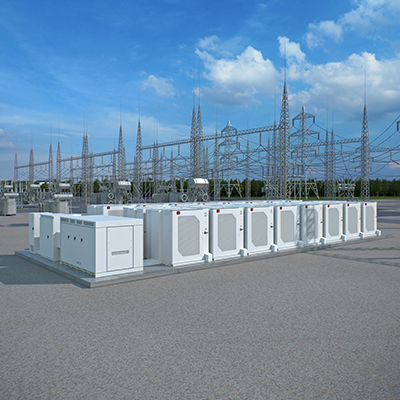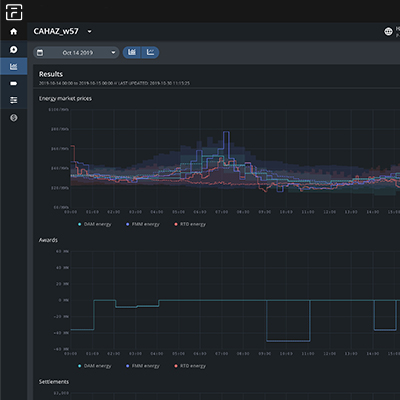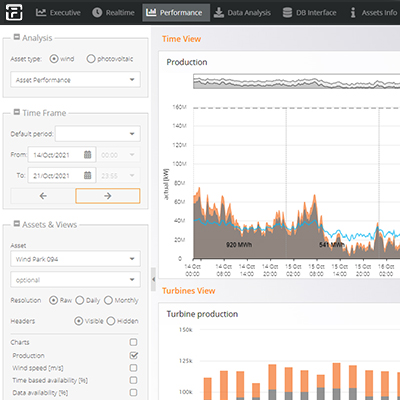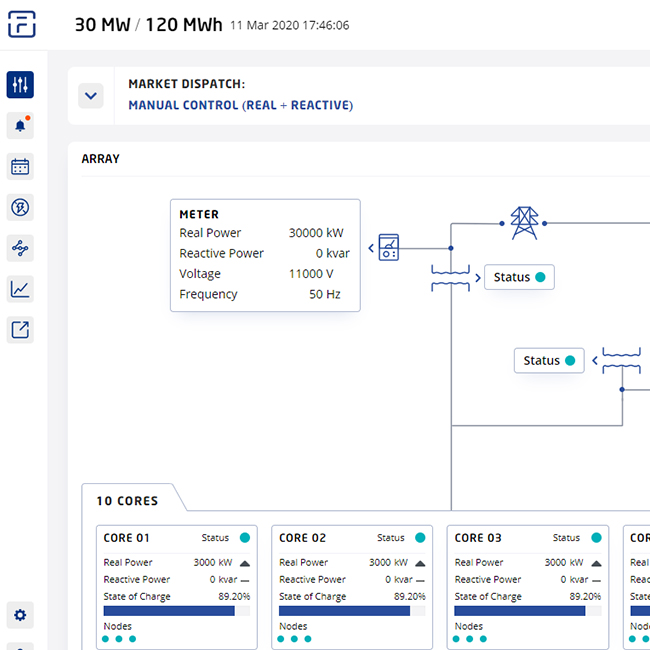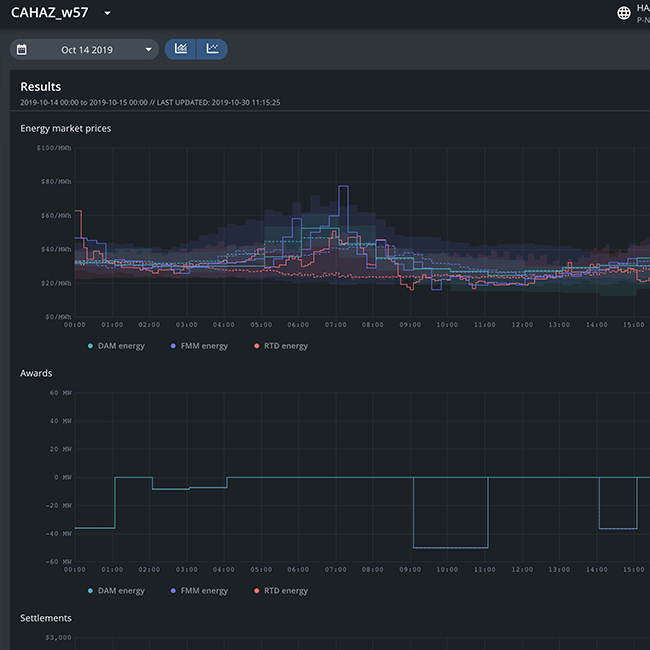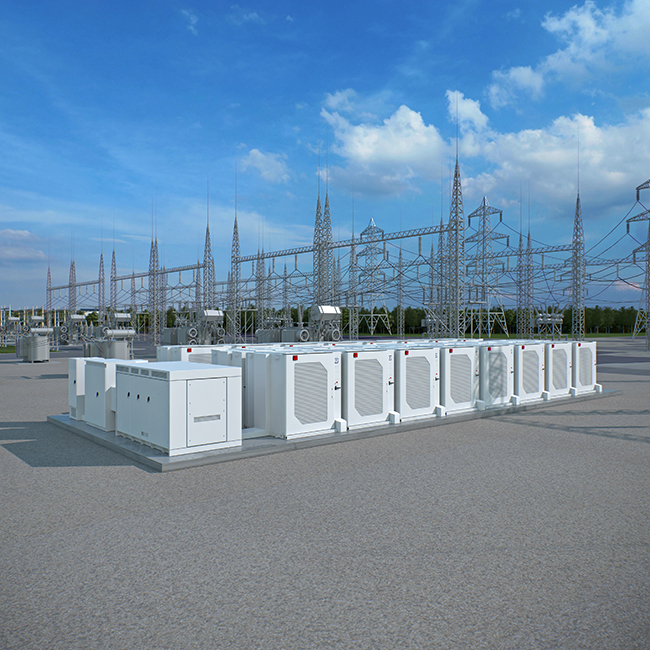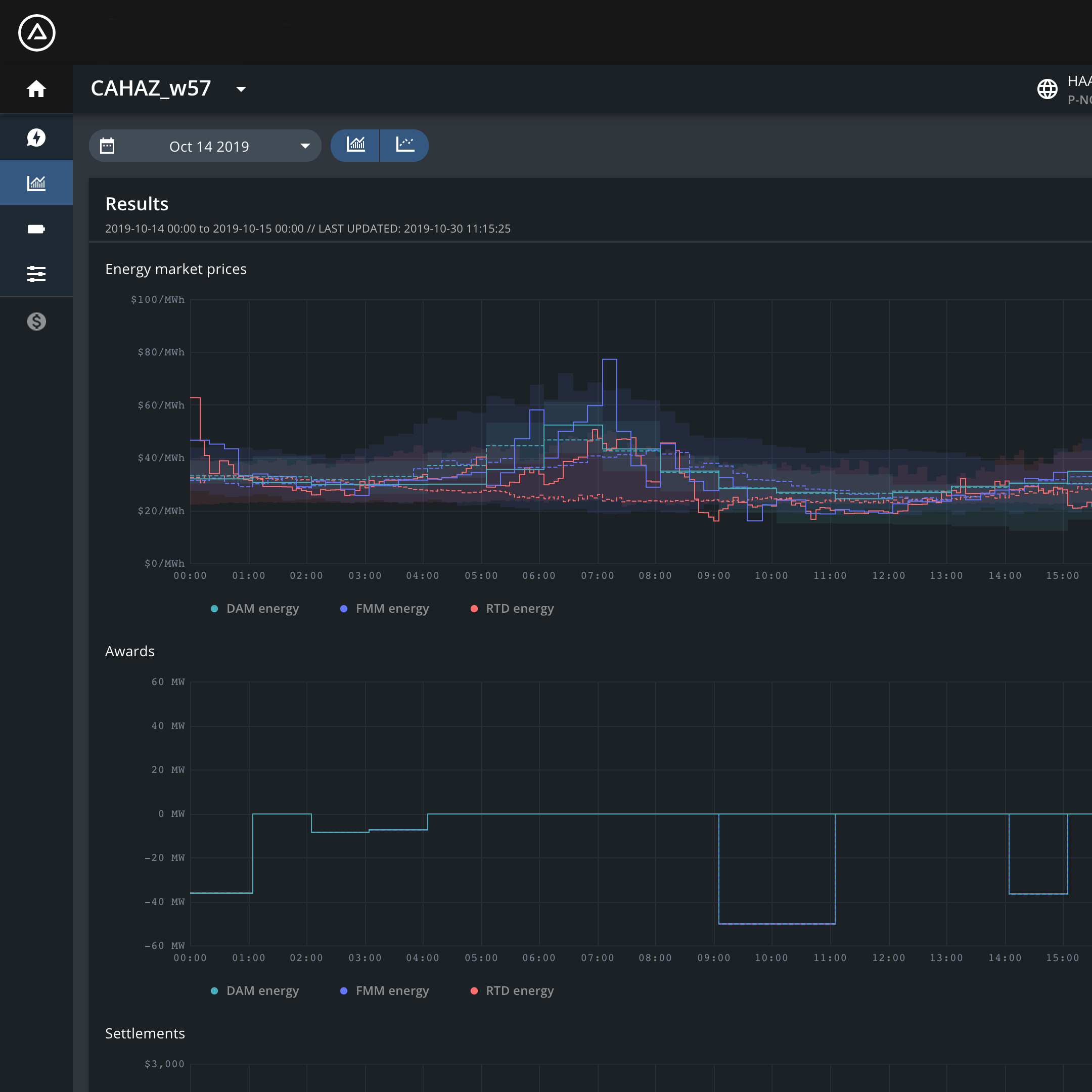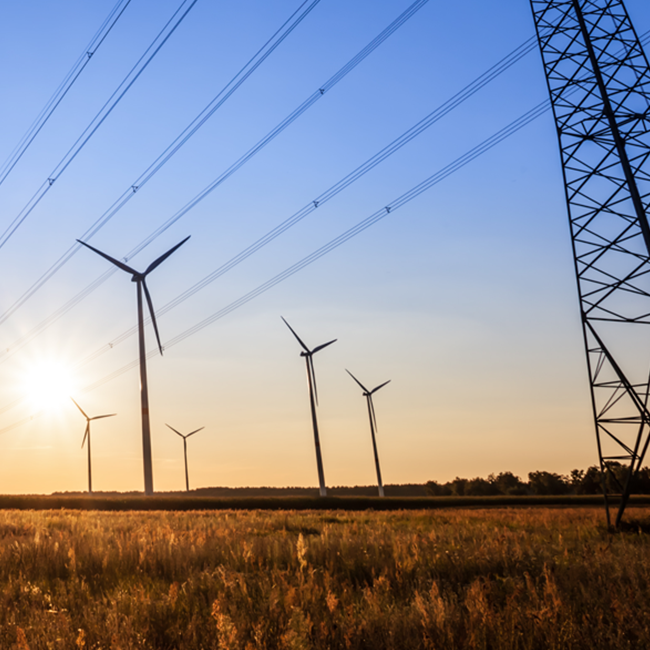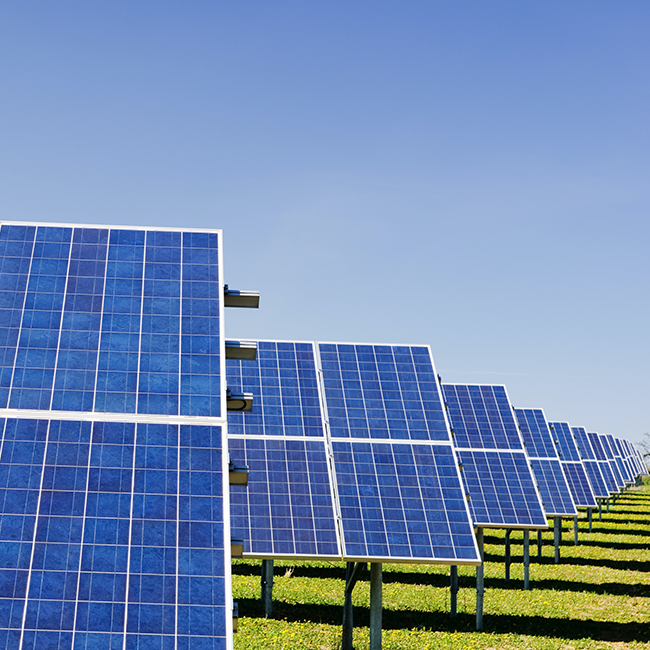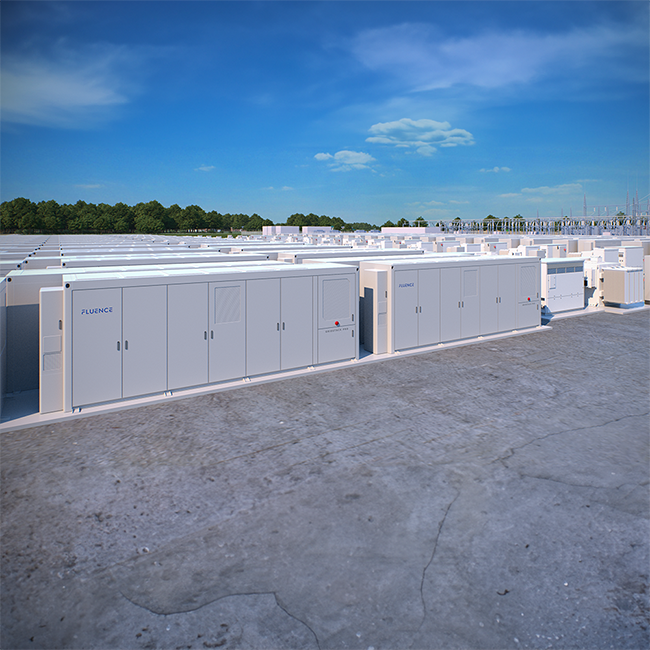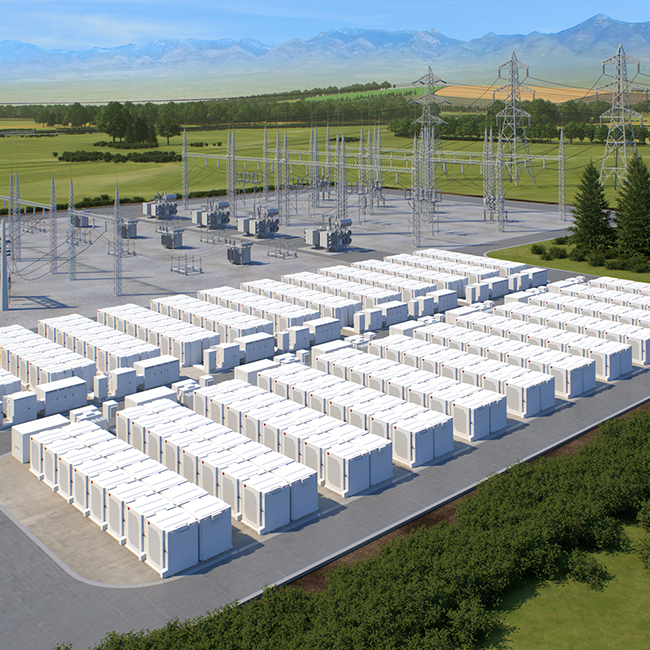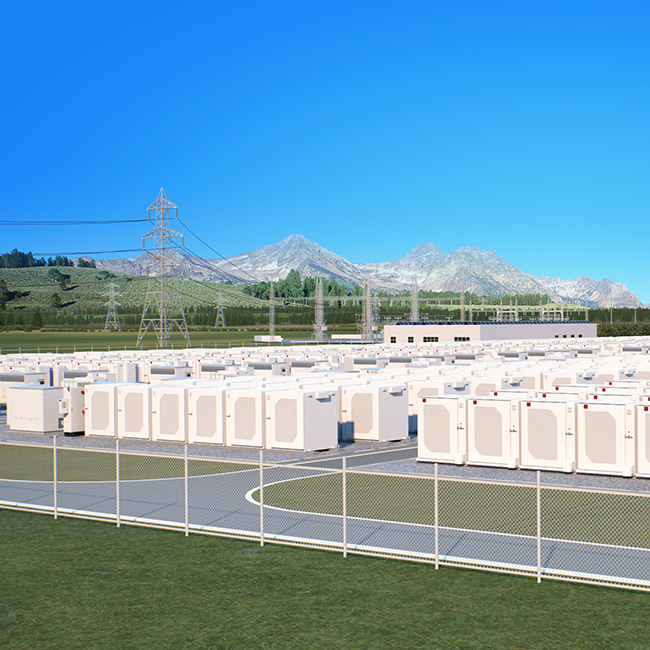The benefits of large–scale energy storage and the flexibility it brings to renewable-powered energy systems are easy to understand but often difficult to measure.
The value of an accelerated storage rollout in Germany is staggering. This has been confirmed by a study by the German energy consultancy Frontier Economics. Storage capacity will grow 40-fold to 57 GWh by 2030 with a cumulative power rating of 15 GW, leading to €12bn added economic value by 2050. Additional storage capacity reduces the need for new, high-emission gas plants and increases energy security. The findings underline the urgency for a fast implementation of the German government’s strategy for electricity storage, published in December 2023.
Germany often prides itself on being a pioneer and role model for the energy transition. Indeed, Germany was an early adopter and market leader in solar and wind in the 2000s and the early 2010s. It also has a rich heritage of energy storage companies, including Fluence, which was founded as a JV of the storage units of the American utility, The AES Corporation, and the German industrial conglomerate, Siemens. While Germany continues to set the pace for the integration of PV and wind in Europe, it has lost its leadership status for energy storage to the UK and Ireland.
One reason for this is that energy storage has not been high on policymakers’ agendas in Germany for many years. The long-term scenario planning used by the German Ministry of Economic Affairs and Climate Action, called Langfristszenarien, does not consider the build-out of new large-scale energy storage assets in Germany at all. On the other hand, the German regulator, Bundesnetzagentur, stated in their last scenario for the network development plan, published in July 2022, that up to 23.7 GW of such energy storage assets would be built by 2037, growing to between 45 GW and 54 GW by 2045.
The need for energy storage is moving up policymakers’ agenda. The German government launched a strategy on electricity storage in December 2023. In this context, a study by the leading German energy consultancy, Frontier Economics, offers important evidence on the future role of energy storage for the German power system.
The energy transition cannot be successful without a fast deployment of energy storage
According to the study, the volume of large storage in Germany could increase to 60 GW / 271 GWh by 2050, proving the importance of large-scale storage for the electricity system in the future. The output of large-scale storage systems in Germany is predicted to increase to 15 GW / 57 GWh by 2030, driven by sharply falling costs for battery storage and a constantly growing demand for flexibility in the electricity system. This corresponds to a forty-fold growth in the storage capacity compared to today’s 1.4 GWh.
In terms of cost reduction and the expansion rate, battery storage promises a rapid development similar to photovoltaic systems in recent years. The difference, however, is that large storage facilities are being built without government support, and they are purely market-driven.
Graph 1 provides an overview of how the modelling results of the Frontier Economics study compare with other studies recently published on the build out of large-scale energy storage in Germany.
Overview of expected roll-out of large-scale storage systems in Germany
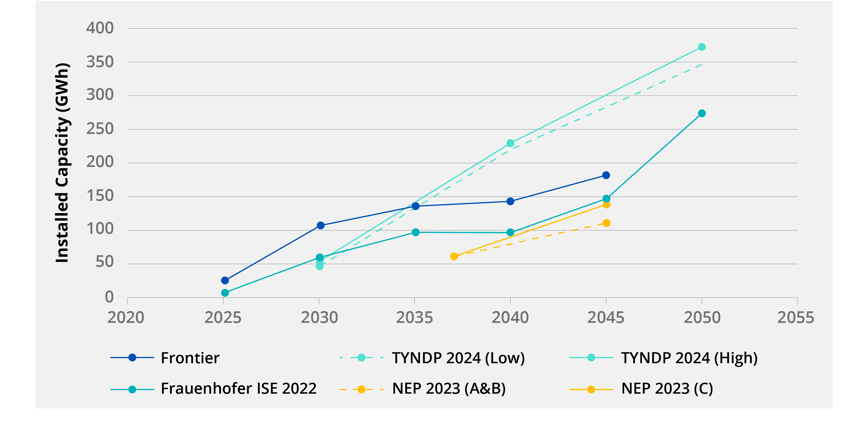
Source: Frontier Economics, Entso-E TYNDP 2024 Draft Supply Inputs; NEP (2023) 2037/2045; Fraunhofer ISE (2022)
Large-scale battery storage has the potential to generate additional economic value of at least €12 billion
Storage systems can create significant economic value by shifting the timing of electricity generation from times of surplus electricity to periods of electricity shortage. Frontier Economics estimates the added value from savings on the wholesale market alone to be around €12 billion by 2050. This, among others, includes fuel savings and lower costs driven by the drop in CO2 emissions.
The additional added value of battery storage is named in the study but not quantified. This includes using storage to provide system services necessary for the stable operation of the electricity system and participation in intraday electricity markets. The future use of storage to reduce network bottlenecks, limiting the curtailment of renewable energy and associated costs, will also provide additional value not estimated in the study.
Graph 2 shows the impact of energy storage on reducing price volatility in wholesale markets. The reduction of wholesale prices during high-price periods leads to overall lower electricity costs for end consumers, even though energy storage increases slightly the cost of electricity during low-price periods.
Average price development over a day with and without stationary battery storage
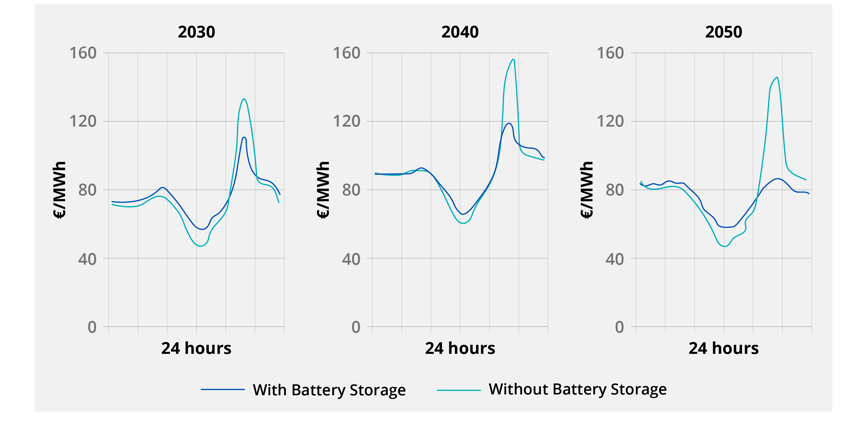
Source: Frontier Economics
According to the study, storage participation in the wholesale market will lower wholesale electricity price by €1/MWh on average between 2030 and 2050 compared to a scenario where no energy storage is built. If no energy storage is built and the missing capacity is not replaced by additional new gas plants, the wholesale prices would rise by 4€/MWh.
Storage can significantly reduce the need for investment in new gas-fired power plants
The construction of new gas power plants in Germany has been stalling for several years and is dependent on government funding as part of the federal government's power plant strategy. The modelling by Frontier Economics shows that if no large storage systems are built, in addition to 26 GW of new gas power plants already planned, a further 9 GW would have to be built by 2030. Although large-scale storage cannot completely replace the construction of gas-fired power plants, it can make a significant contribution to reducing the investment pressure on funding new gas-fired power plants by 2030. However, gas-fired power plants are still necessary to ensure supply in the 2030s and should be seen as part of an efficient power plant fleet with limited running hours.
Frontier Economics study provides important guidance for German storage strategy
Dr. Christoph Gatzen, Director at Frontier Economics, views the study results as clear indicators of the future role of storage in Germany: “Large-scale battery storage is critical for the energy transition in Germany. Without flexibility provided by storage, the country will face higher economic costs caused by increasing gas imports and expensive curtailment of renewable generation.”
Until recently, the interest of German policymakers in energy storage and its benefits has been mostly marginal. The publication of the electricity storage strategy in late December 2023 is now the first important step to put political gravitas behind the role of storage systems in the context of the energy transition. The strategy aims to support greater deployment of electricity storage. However, its current version is merely a political declaration of intent without a clear legislative timetable.
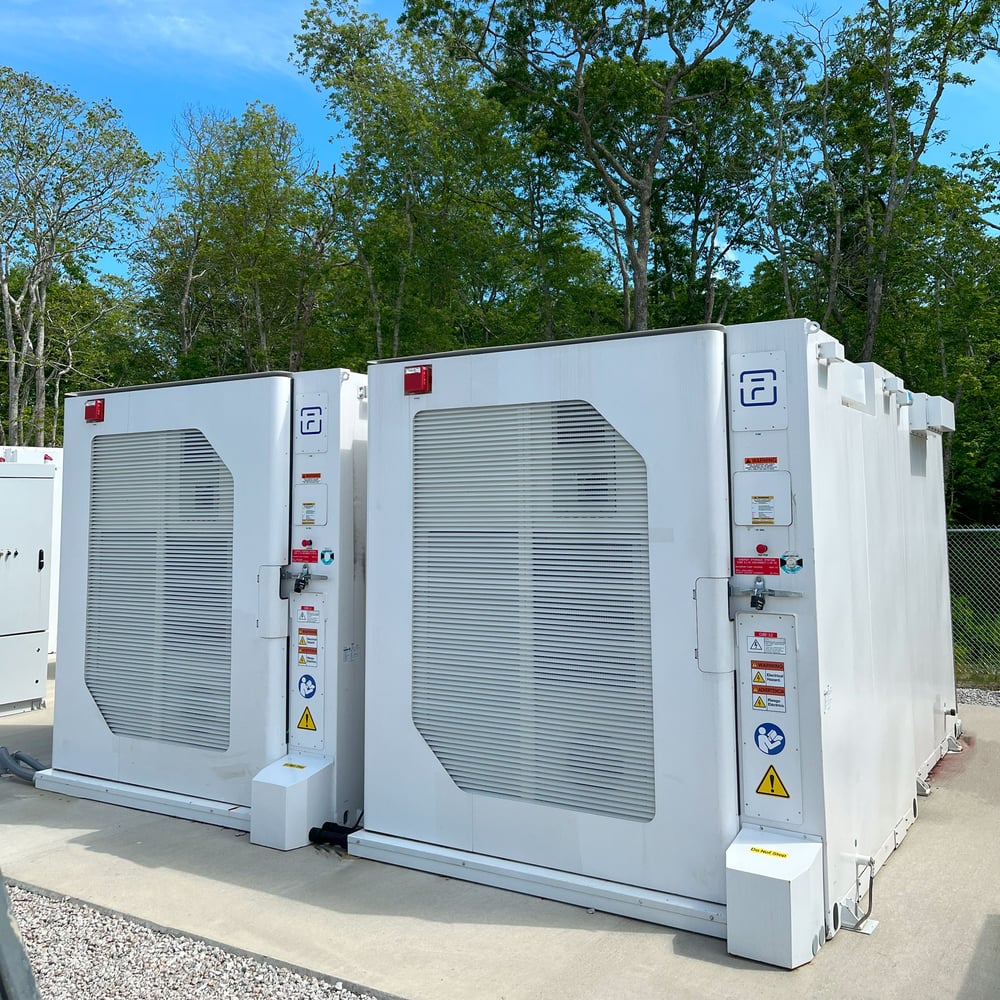
Strategy on electricity storage needs urgent upgrades
One of the weaknesses of the strategy is its departure from defining energy storage as an independent pillar of the energy system – an intention expressed as a goal in the coalition agreement. Consequently, energy storage is often burdened with costs that make its build-out economically non-viable. In the absence of a firm definition of storage as an independent pillar of the power system, the rules developed for producers and consumers in German energy law continue to apply to energy storage. An opportunity to find a comprehensive solution to the issues of network fees or costly one-off connection charges for energy storage has been forfeited for now. This may lead to situations where, instead of building energy storage, it is economically cheaper to curtail renewable energy and fire up polluting coal power plants instead.
The government’s strategy should also expand on how storage will be used to reduce the curtailment of renewable generation and save costs for congestion management. In 2022, almost 8 TWh of renewable electricity was curtailed in Germany, and network congestion costs of €4.25 billion were rolled into the grid fees.
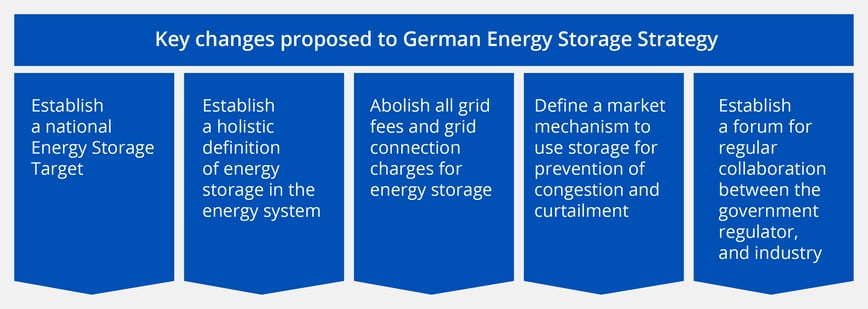
The Grid Booster projects of TransnetBW and TenneT, currently being deployed by Fluence, are early tools to address the increasing congestion management costs. Additional similar projects are planned in the current Network Development Plan of the German TSOs, which is awaiting approval by the German regulator. In the 2023 Network Development Plan, the German network operators described using energy storage as “network buffers.” Under this concept, energy storage would be used to ease bottlenecks in the grid before they occur, thereby reducing the cost of congestion management. Unfortunately, the current version of the electricity storage strategy has not expanded on this idea further.
To ensure the electricity storage strategy is effective and fit for purpose, the Ministry for Economic Affairs and Climate Action should provide specific targets and include the designation of an expansion corridor for large-scale storage – something that is missing in the current version. Political commitments in the form of public targets are well-established in various global markets and would increase security for storage investors. Targets are commonly used for solar or wind assets in Germany, and there is no apparent reason why they should not be established for energy storage as well.
Energy storage can future-proof the German energy system
The German energy storage market is booming not because but often despite political leadership. The government’s strategy on electricity storage is a first good step to ensure Germany benefits fully from the value of large-scale battery storage technologies. This must now be followed by concrete steps to reduce regulatory and political uncertainties. Clear political decisions are needed to encourage long-term investment while reducing costs, strengthening energy security, and advancing the energy transition in Germany.
The study published by Frontier Economics provides strong evidence for the role energy storage can play in Germany in the near, medium, and long-term future. As a global leader in energy storage technology, software, and services, Fluence is committed to supporting the energy transition in Germany and advocating for the policy framework that ensures investment security for storage developers and investors. After all, this is how we can transform the way we power our world – in Germany and globally.
Want to learn more about the benefits of large-scale energy storage?

